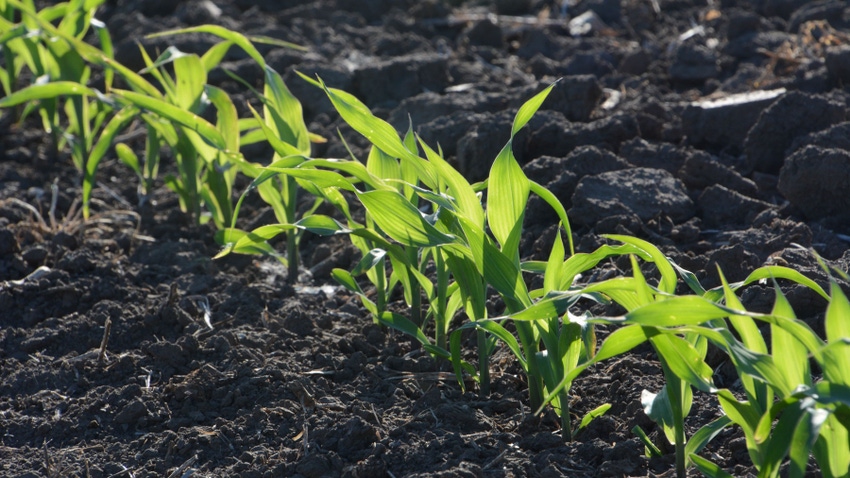April 28, 2023

The rising cost of nitrogen, combined with worries over the environmental impact of the crop nutrient, has companies looking for alternatives. Grace Breeding, an ag tech firm founded in 2015, is working to develop products that address the challenge of nitrogen for crops, including corn, wheat and rice.
Assaf Dotan, CEO of the company based in Israel, says Grace Breeding is taking a different approach to the challenge than some other companies. “The last couple of years, many companies tried to solve this [nitrogen fixing] problem from the bacteria side, meaning that they use different bacteria in order to adopt them into the cereal conditions and try to ask these bacteria, ‘OK, can you do the same job you’re doing in legumes?’” he says.
However, the biology involved is more complicated. The decision for a go- or no-go for working with bacteria is “up to the plant, not the bacteria,” Dotan says. “Bacteria can have as much nitrogen as it wants, but the plant itself is the one to decide, ‘I will let you in my root system, and then I will exchange nitrogen with sugar.’”
That’s basically the idea behind the company’s new Nitrogen Fixation Technology (NFT). This plant-based compound, when combined with the appropriate bacteria, acts as a kind of bridge, working with the plant to put that bacteria-available nitrogen to use. The natural plant-based formula creates that bridge and allows the cereal to do the same as a legume to fix its own nitrogen.
Bio-activators for nitrogen
Dotan says the company has been searching for bio-activators from different plants around the world. By screening over 1,000, they discovered fewer than 10 that, in the right ratio, define the final product with the right synergy to work with non-pathogenic bacteria that exist on the market.
In extensive trials of the technology across Brazil, the company is finding the ability to reduce nitrogen use by 50% without impacting yield. And Dotan adds that since the product can reduce carbon emissions by enhancing photosynthesis, it offers the potential for other income. That enhanced photosynthesis pulls in more carbon dioxide, which can earn carbon credits for a crop, he says.
However, the NFT product needs the right bacteria in the soil to do its job. Dotan says a farmer would buy the product and add bacteria into the tankmix. That can vary by region and the type of crop, but common nitrogen-fixing bacteria could get a boost from this product.
If a farmer uses starter fertilizer to get the crop going, this product from Grace Breeding would take over as the season progresses, Dotan says. Initially the bio-based bacteria that the Grace Breeding product would “enhance” would be in lower populations at planting. The starter gets the crop going and then this new product starts filling in. The result is a major reduction in synthetic nitrogen use.
In use, the plant-based product is combined with bacteria and applied in-furrow. “So you buy the twin pack; then you mix both in a tankmix in your field and go with in-furrow application during seeding,” he says. “Our product is a slow-release technology, meaning that the product is liberated during the life cycle of the crop based on the fact you apply it only once for the season.”
The NFT tool is at work in Brazil, and Grace Breeding is looking ahead to North America. Recently, it announced a deal with Evolva, a company that will be the primary producer of the plant-based product, which must be produced through fermentation.
Grace Breeding is also working on its Wide Defense System, designed to boost a plant’s immune system to resist pests, fungi, bacteria and viruses. The aim is to reduce the use of chemical pesticides. That product remains in development but is showing promise in higher-value crops, including citrus, tomatoes and peppers.
Learn more at gracebreeding.com.
About the Author(s)
You May Also Like






